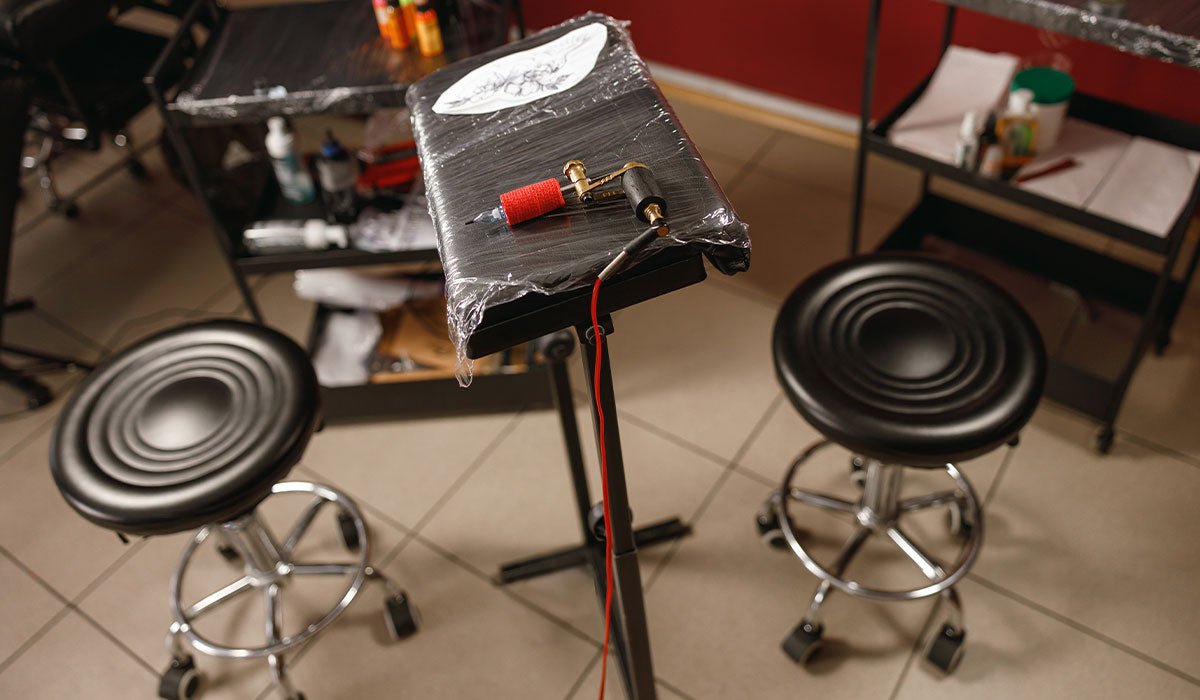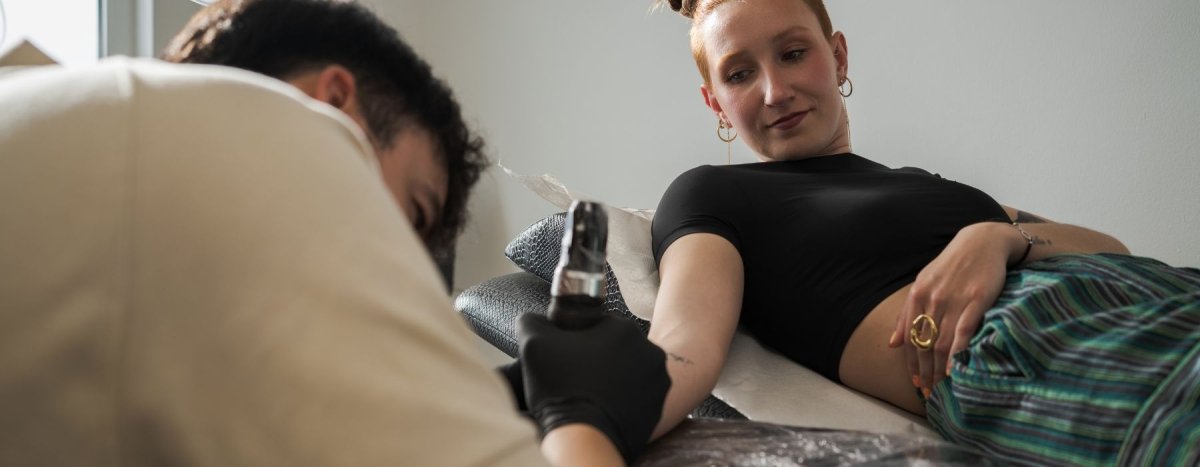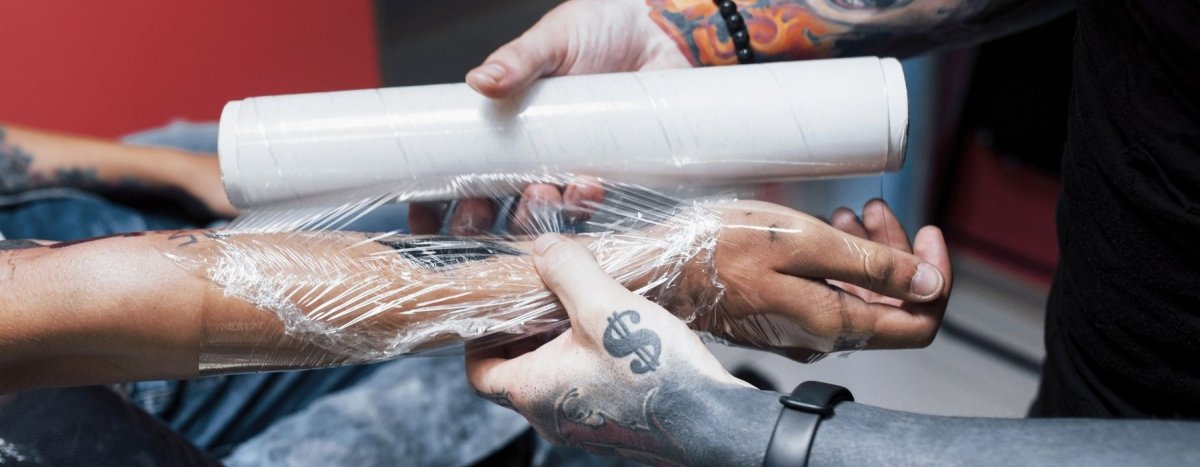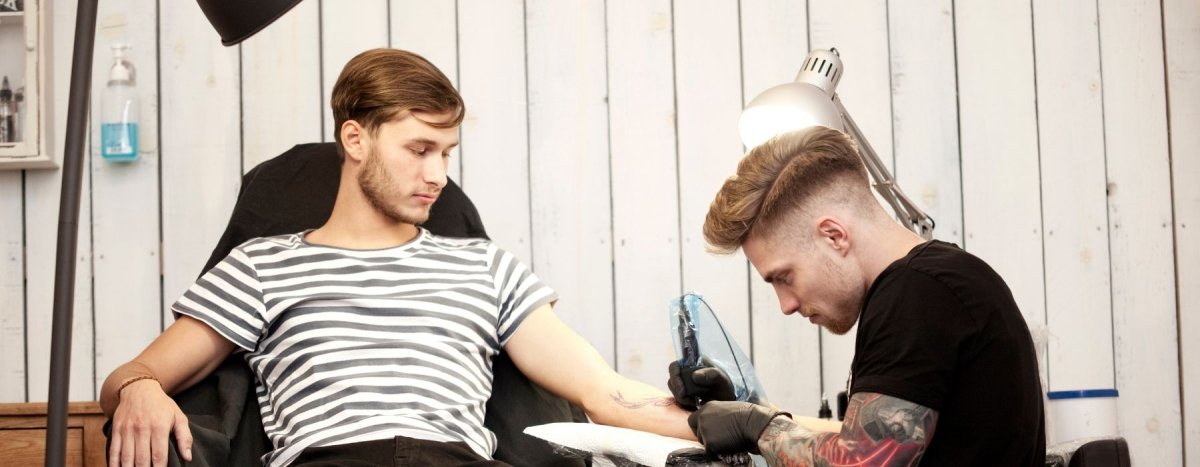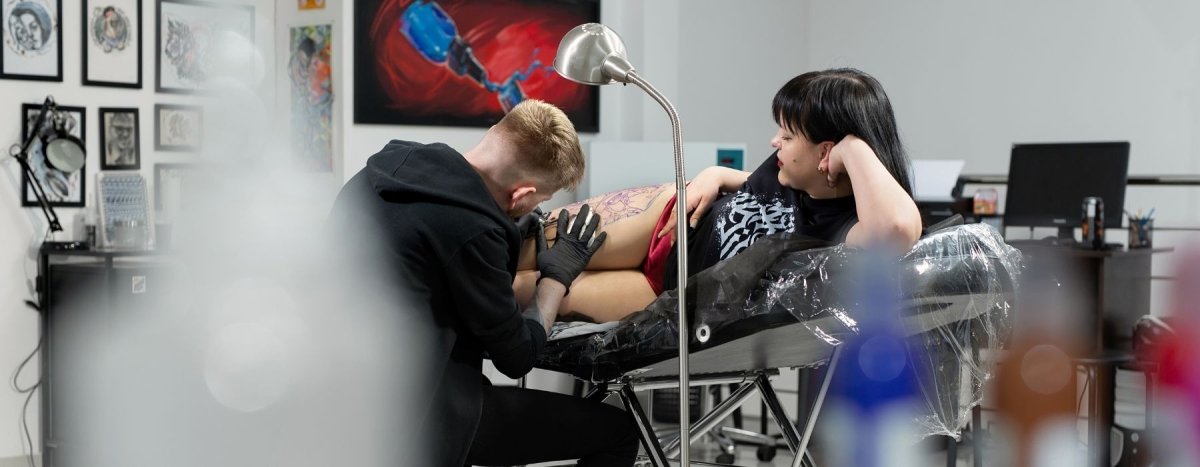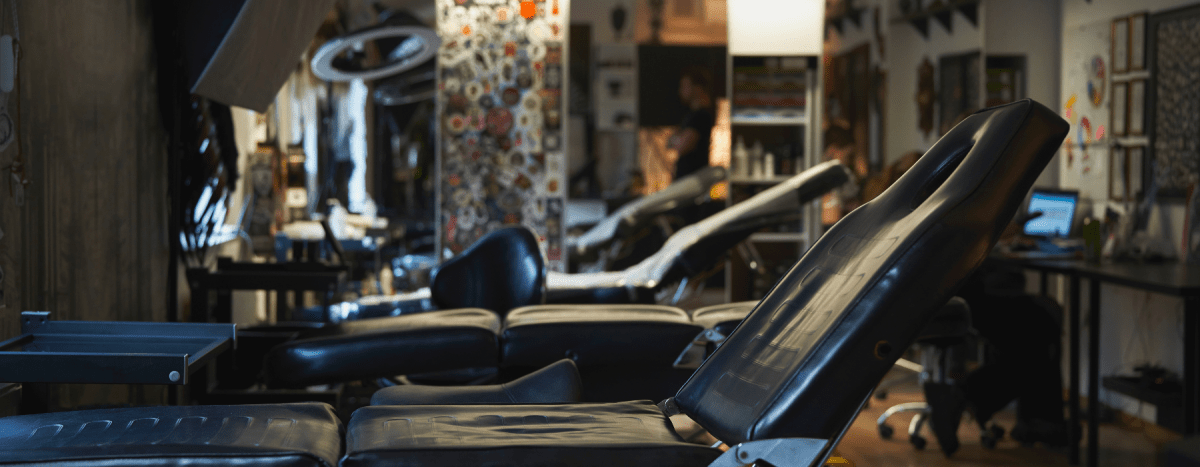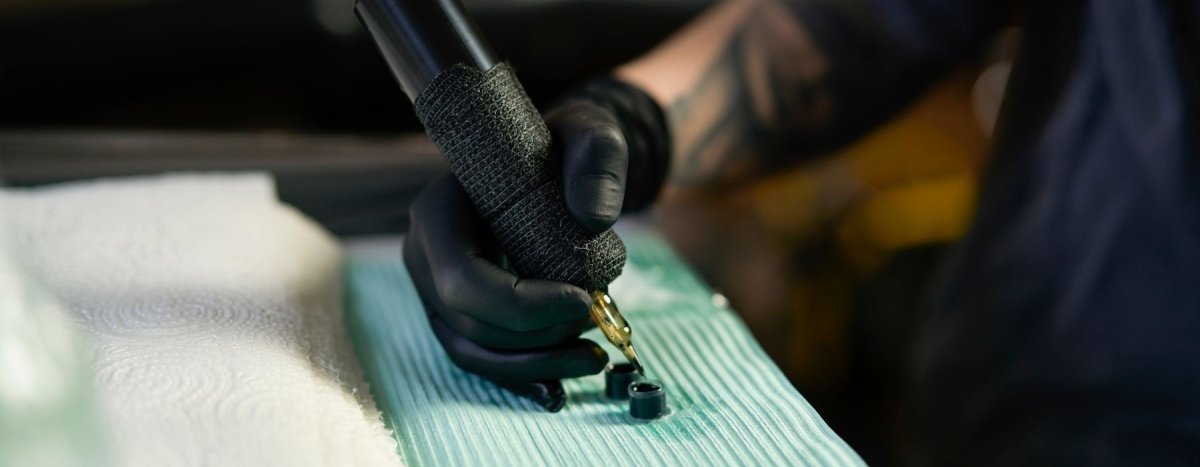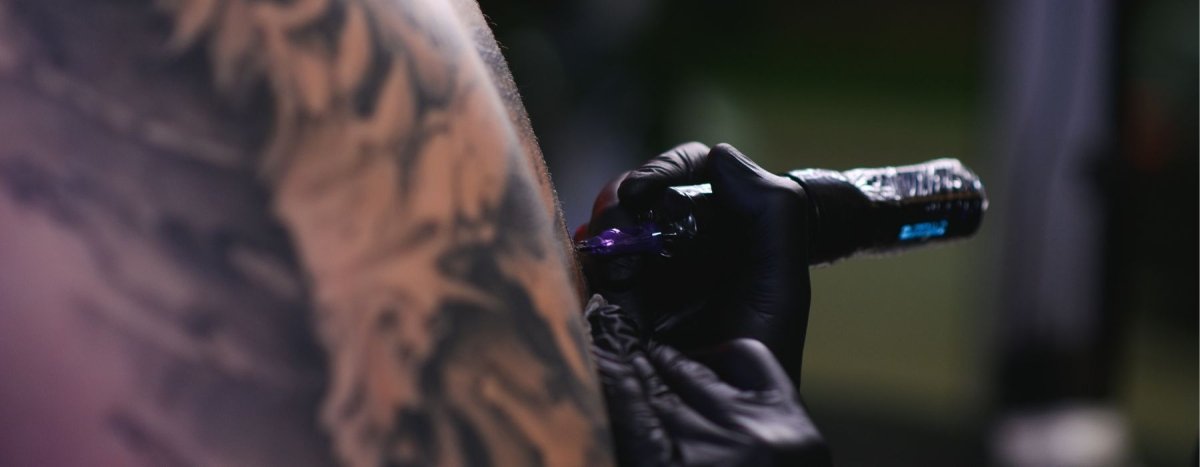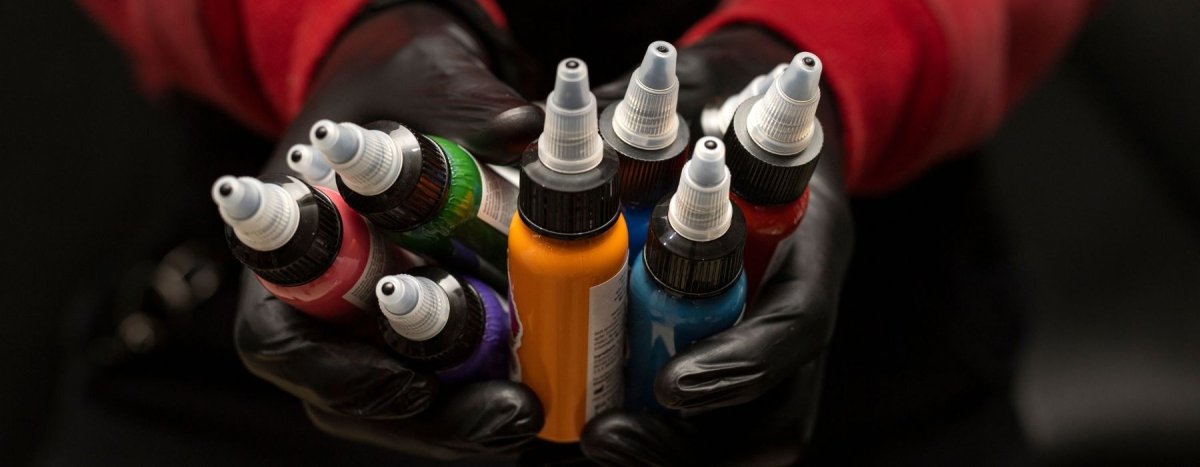Your cart is empty
Looks like you haven't added anything to your cart yet
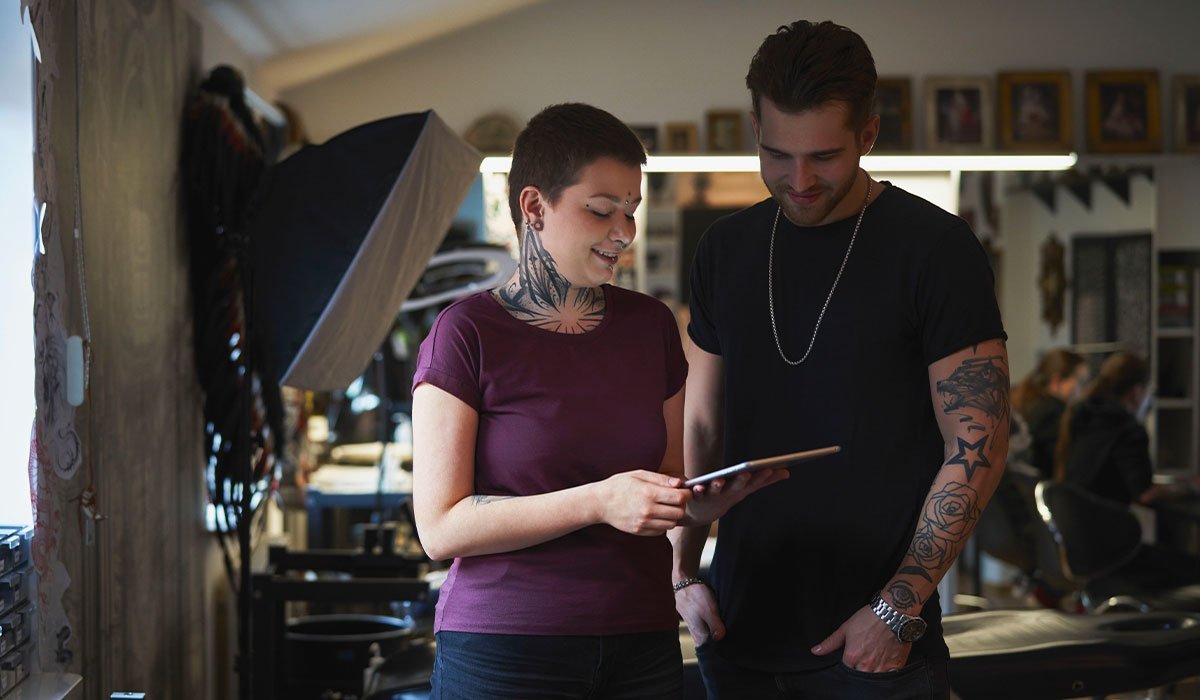
Apprenticeships in the Tattoo Industry
Many talented tattoo artists often go unnoticed due to their limited experience. The tattoo industry is fiercely competitive, with numerous skilled artists all trying to attract the same clients. In the beginning, you won't jump right into tattooing people.
Just like many other professions, you've got to go through some training. You know how new doctors have to complete a residency? Well, think of apprenticeships for aspiring artists in a similar way.
Apprenticeships offer you a fantastic opportunity to closely collaborate with a seasoned tattoo artist. During this time, you'll have the chance to practice and refine your skills while observing the artist in action. It might demand a lot of persistence, patience, and dedication, but take it from us: the hands-on experience is absolutely worth the effort
Here are some suggestions on breaking into the tattoo industry:
- Create a portfolio showcasing your impressive artwork.
- Seek out opportunities to become a tattoo apprentice.
- Gain valuable hands-on experience by practicing the art of tattooing yourself.
While self-teaching yourself how to tattoo is technically feasible, it may not be the wisest choice. Opting for a tattoo apprenticeship is a far more beneficial route. Why? Because it grants you access to a treasure trove of experience and knowledge. Apprenticeships provide you with invaluable hands-on experience and the chance to learn from some of the industry's finest artists.
It's worth noting that finding a tattoo apprenticeship with a full 40-hour workweek can be challenging. However, don't let that discourage you. You can still explore opportunities with fewer hours by reaching out and asking if any artists would consider taking you under their wing as an apprentice.
Here are some key points to consider when looking for the right tattoo artist to shadow:
The Artist's Experience: When searching for a mentor, aim to find someone with a minimum of five years of experience. Take a close look at their portfolios to gauge their artistic skills and attention to detail. It's also beneficial if they have a history of mentoring others.
Your Mentor’s Approach: When meeting potential mentors or teachers, it's crucial that you feel comfortable with both them and their work. You want someone who can challenge and inspire you while creating a conducive learning environment.
Compatibility: Keep in mind that you'll be working closely with your mentor for an extended period. It's essential to have a good working relationship and personal connection. Sacrificing someone else's happiness just to be their apprentice isn't worth it.
Beware of Scams: While a free apprenticeship offer is great, be cautious if you come across artists charging exorbitant amounts. Some might be looking to profit quickly by taking advantage of aspiring artists. Look for a well-trained artist with a price range that aligns with your budget.
Seek Recommendations: Confirm your decision to work with a potential mentor by talking to trustworthy individuals who can vouch for their credibility.
Getting a tattoo apprenticeship is the initial step toward becoming a professional tattoo artist. You can secure an apprenticeship without formal certification by impressing your potential mentor with your innate talent and earning their trust. Sometimes, an artist may hire you based on your skills and potential, even without prior formal training or certification.

Alright, let's chat about your art portfolio first. When you're meeting up with a potential mentor, it's a smart move to show them your artistic work. That could be your paintings, drawings, or even sculptures if you're into that. Think of your portfolio as your creative resume - it's a big deal, so make sure it looks awesome.
Just a heads up, most tattoo artists won't teach you how to draw from scratch. They're more into teaching you the art of tattooing. So, if you don't already have a cool portfolio ready, start doodling every day and build it up gradually. Create designs that you'd love to see as tattoos and that match your own style.
Now, why are apprenticeships so darn important? Well, they're not just about learning the ropes; they're also your ticket to legally work as a tattoo artist in many places. A lot of states require you to have a license, and an apprenticeship can help you get there. Make sure you find a mentor who's got that license, as they can show you the ropes and help you sharpen your skills.
Here's the deal: persistence is the name of the game. Armed with the knowledge of what to look for in a mentor, go out there and find someone who's a good fit and dive into that apprenticeship adventure. If your first attempts don't pan out, don't sweat it. Keep building your portfolio until an established artist decides to take you under their wing.
Now, let's talk money. Every now and then, if you're an amazing artist and a tattoo shop is really impressed, they might let you learn the ropes for free. But don't count on it. You might have to shell out around 5 grand for your apprenticeship, so be sure to choose one that's worth every penny and aligns with your dreams in the tattoo world.
In Conclusion,
Starting a career as a tattoo artist through apprenticeships is a fantastic choice. It's like a crash course in all things tattooing, giving you that crucial hands-on experience and knowledge about the tools and techniques required for the job. But here's the kicker: to secure a spot, you've got to bring persistence and dedication to the table.
The very first move to becoming an artist in this inked-up world is to find yourself a top-notch mentor. You could have an amazing talent and tons of potential, but if you end up with the wrong mentor, you might hit some roadblocks that could make you throw in the towel. So, choose your mentor wisely, my friend
Featured Blogs
- Choosing a selection results in a full page refresh.




